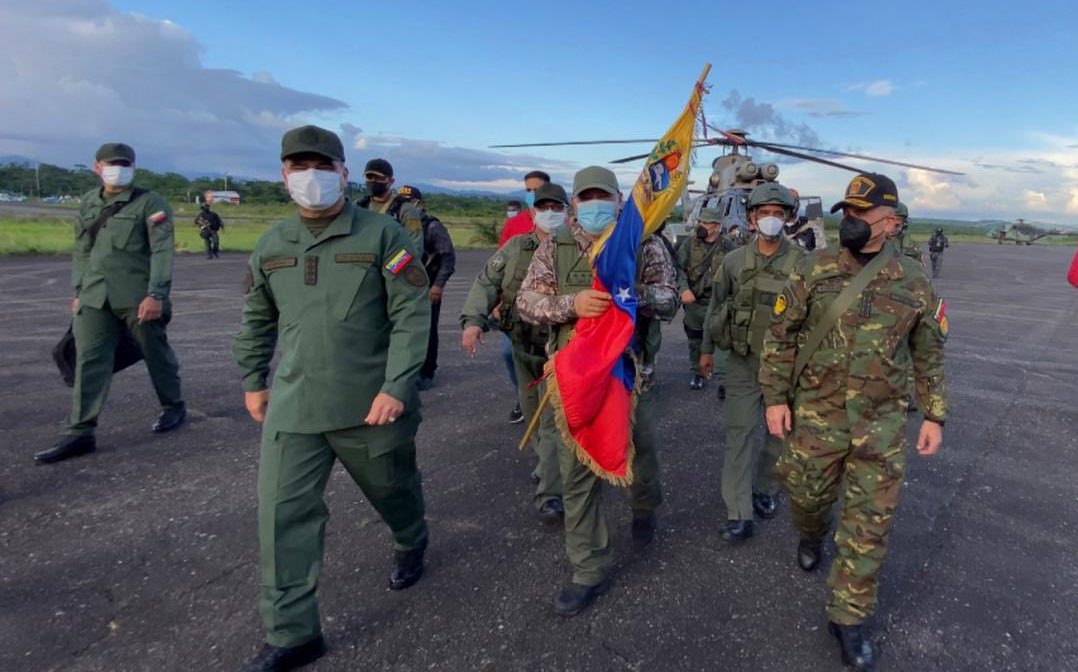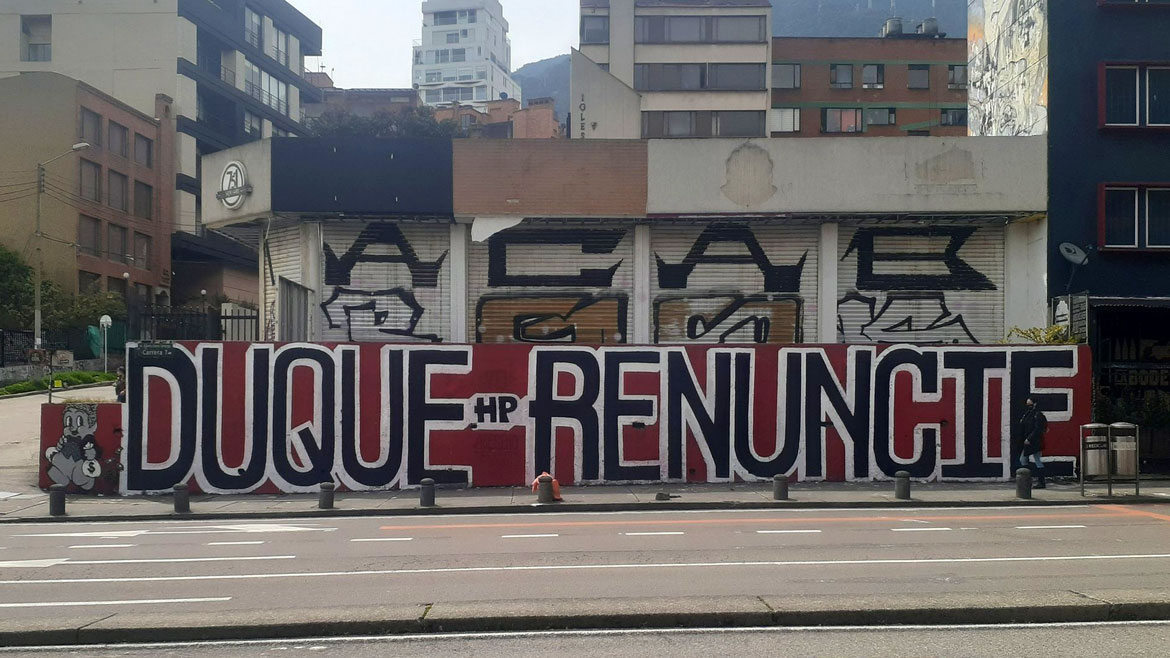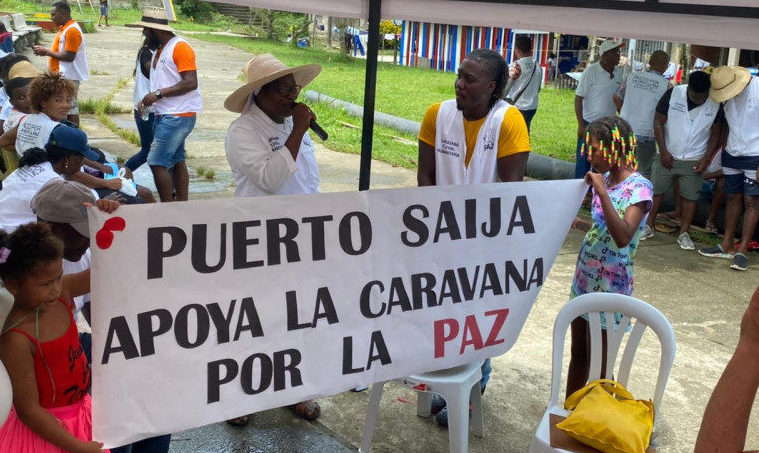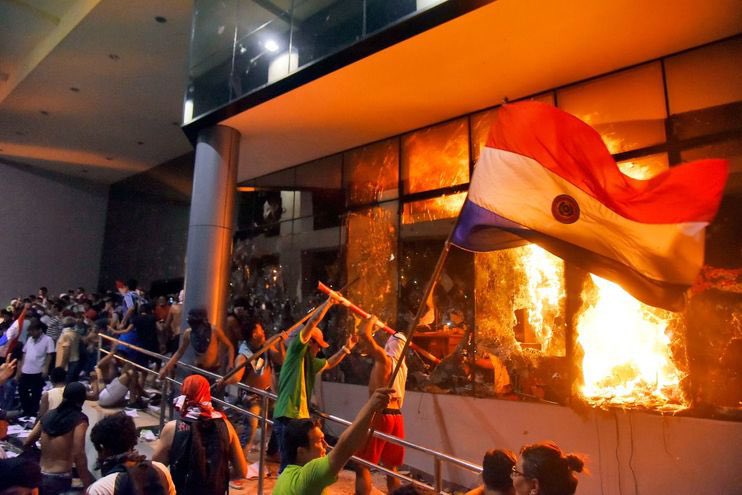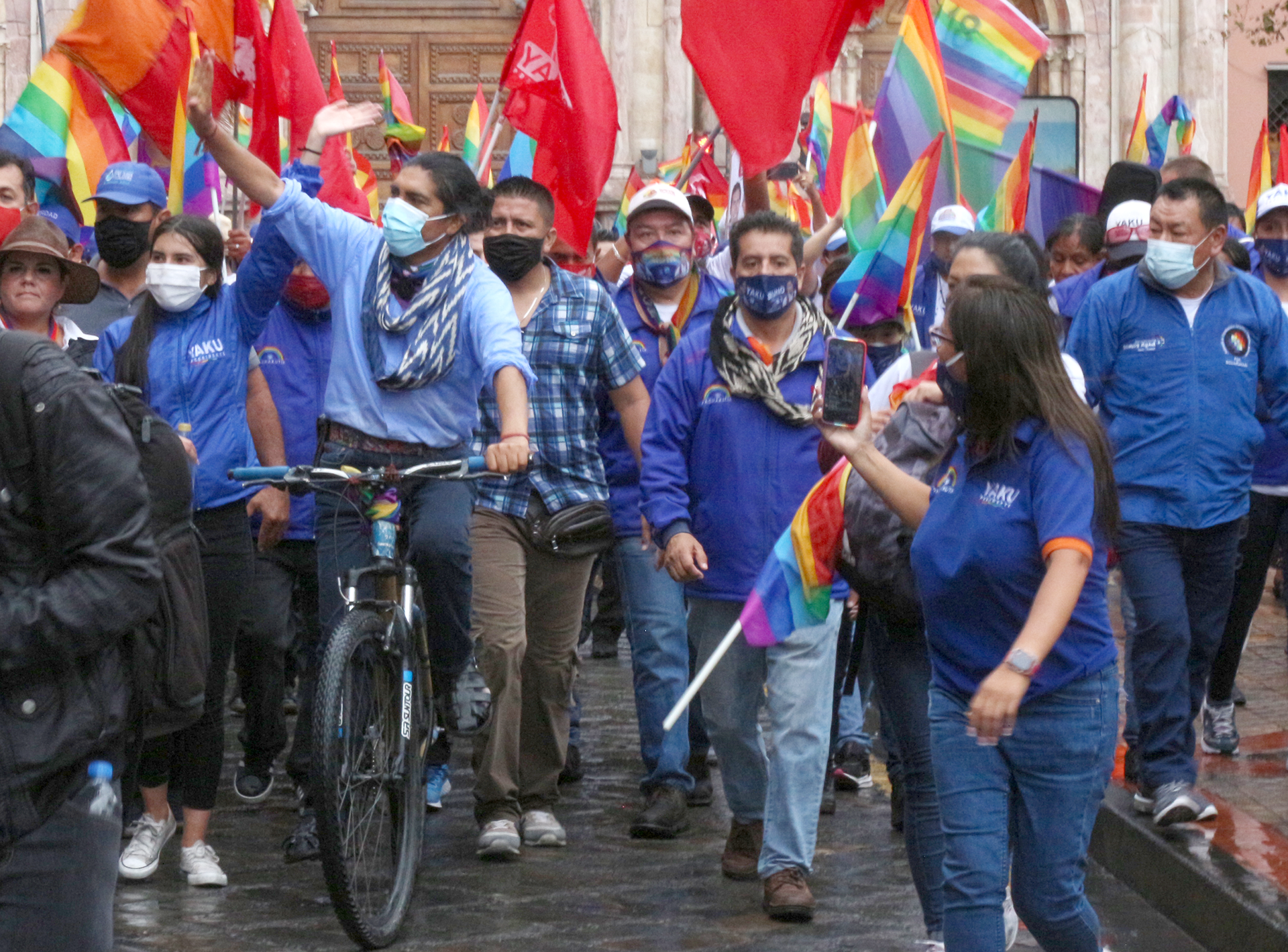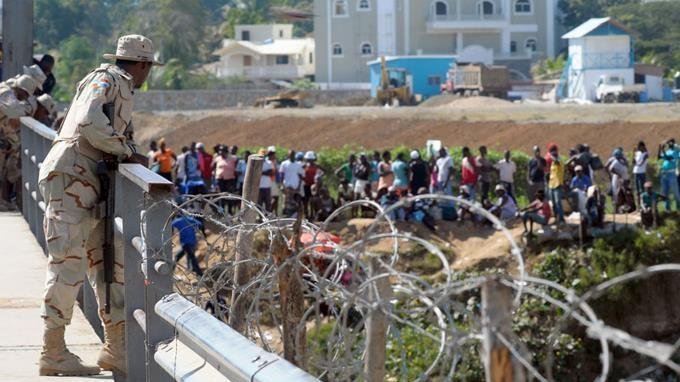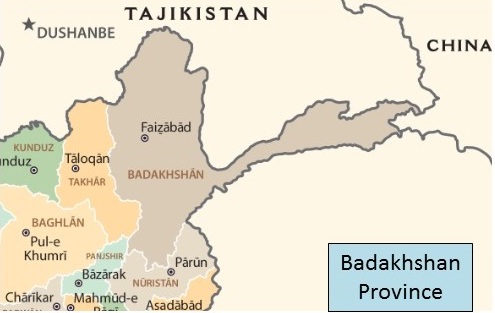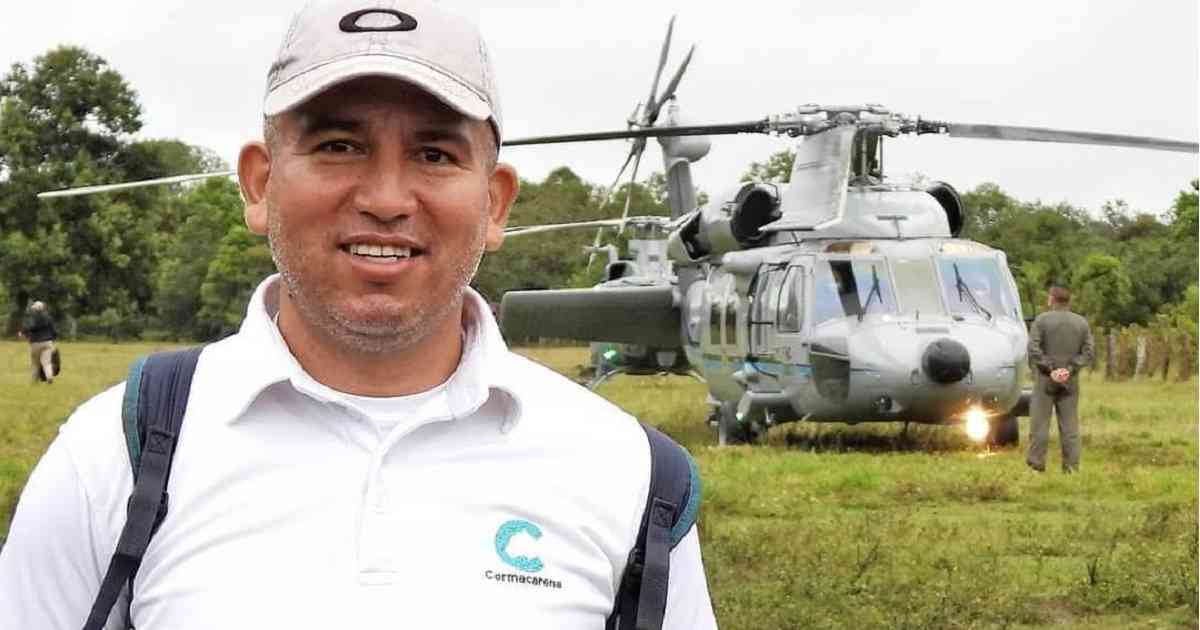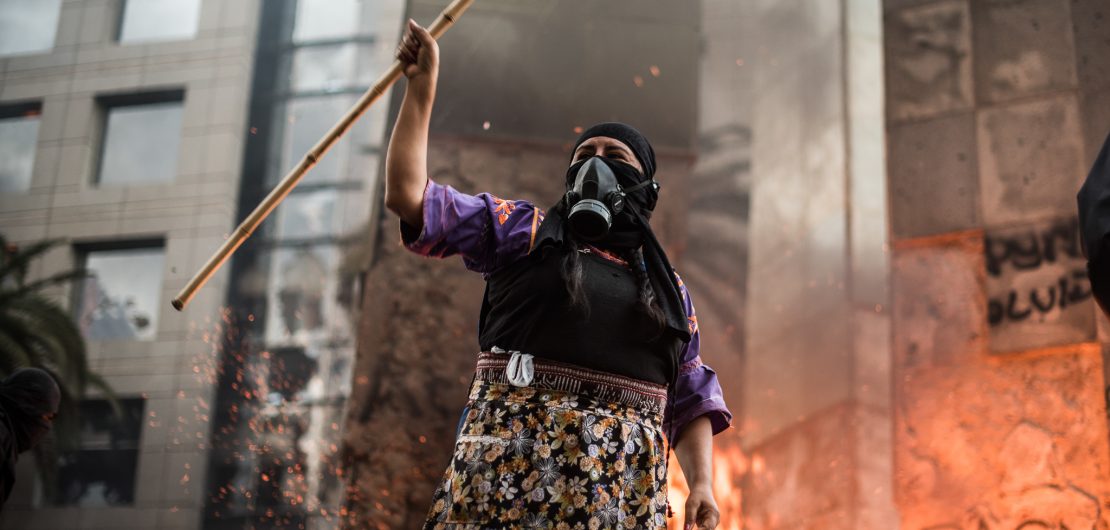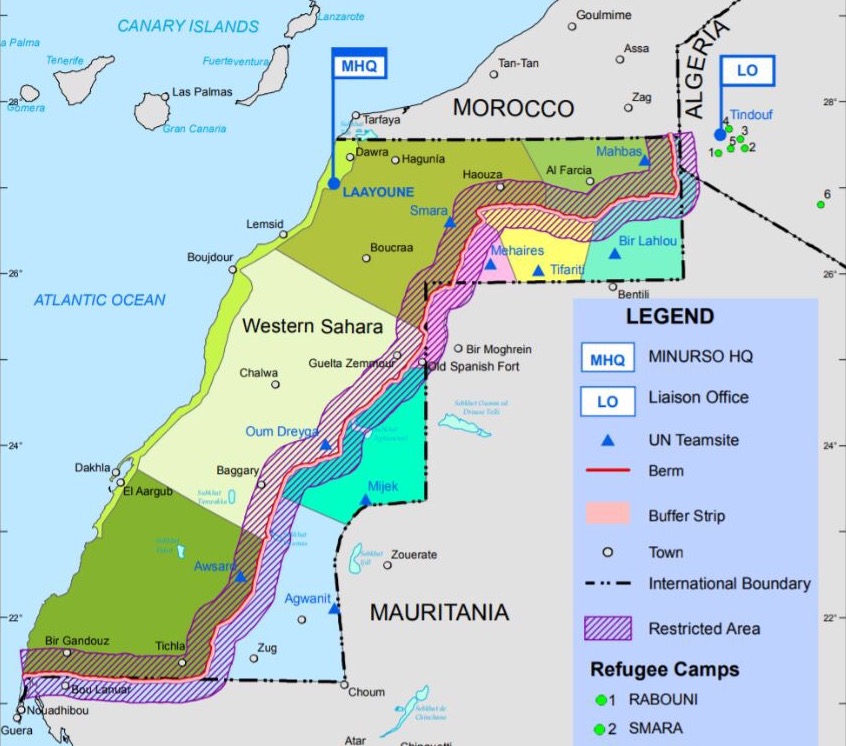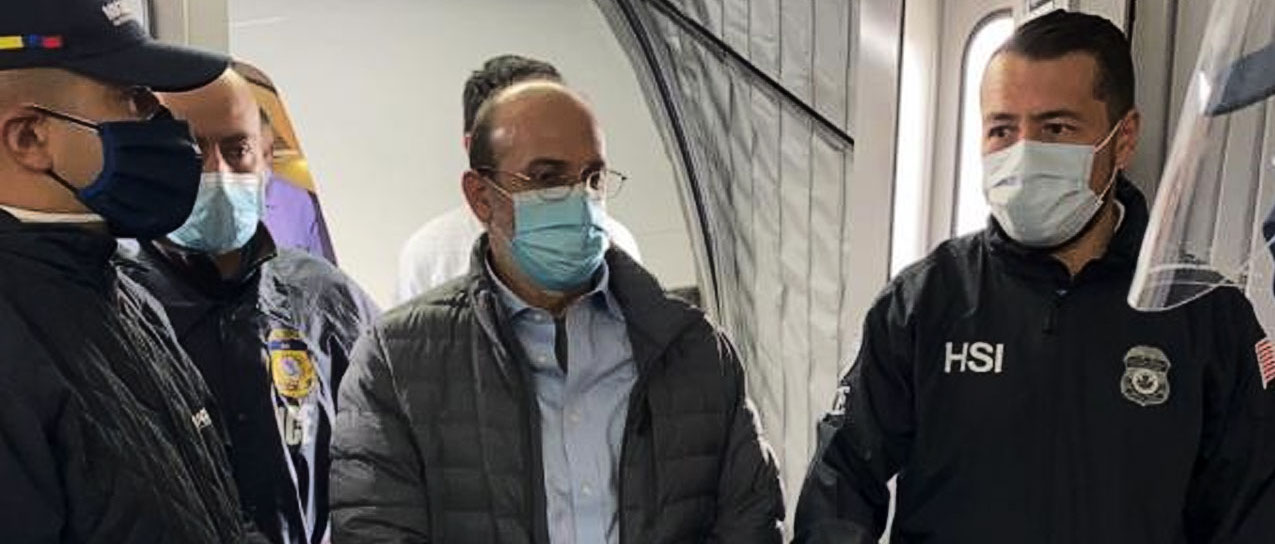
Haiti: president killed amid paramilitary strife
An apparent squad of mercenaries, arriving in nine brand-new Nissan Patrol vehicles, staged a night raid on the home of Haiti’s President Jovenel Moïse in the upscale Port-au-Prince suburb of Pèlerin, and shot him dead. His wife, Martine, was also gravely wounded. The seemingly professional hit job followed weeks of rapidly rising violence in Port-au-Prince. Days earlier, three gunmen on motorcycles killed 15 people in the Delmas 32 area. Shortly later, gunmen believed to be from the same group carried out the targeted assassinations of women’s rights activist Marie Antoinette “Netty” Duclaire and radio journalist Diego Charles, in the Christ-Roi neighborhood. A year-long truce between the city’s gangs was broken in early June, setting off neighborhood battles across the capital. (Photo: Haiti Liberte)



